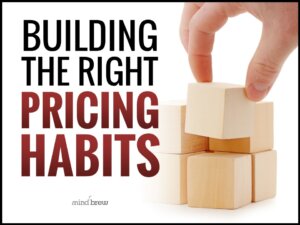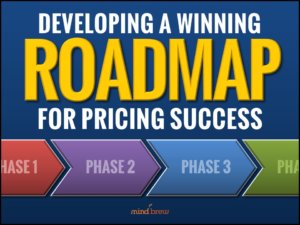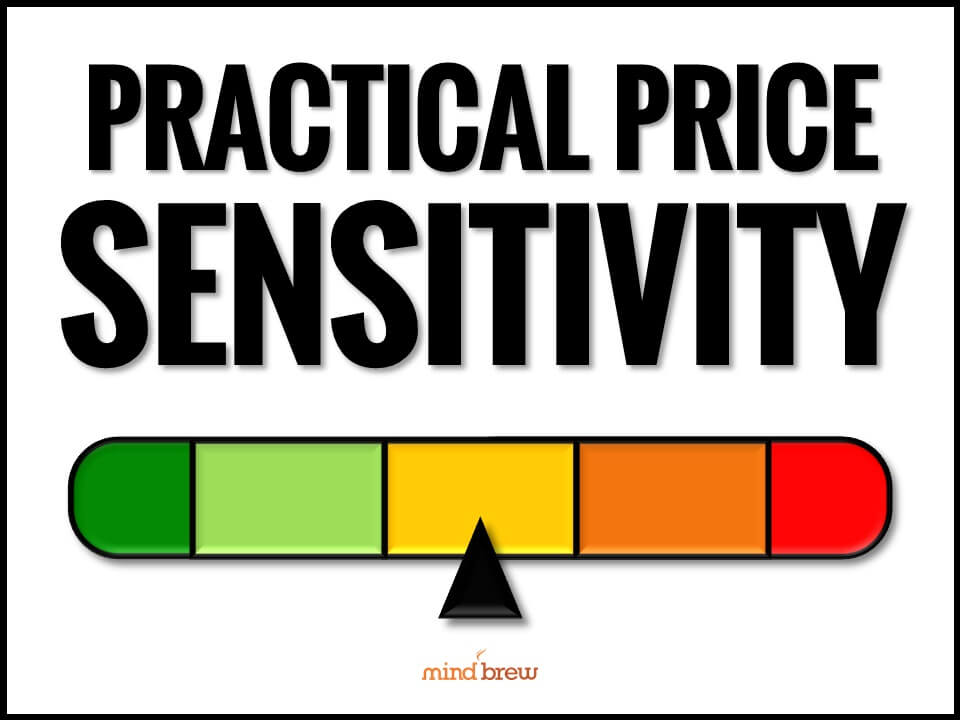Astronaut Frank Borman, commander of the first mission to fly around the moon, once said, “A superior pilot uses his superior judgment to avoid situations which require the use of his superior skill.”
You could say pretty much the same thing about superior pricing professionals. They use their strategic planning capabilities to prepare for potential problems before they happen. That helps them avoid needing to take extraordinary measures and get stuck in firefighting mode.
We discuss this idea in a lot more detail in the webinar on Building the Right Pricing Habits. It discusses 15 things that superior pricing professionals with superior judgement do to help them avoid situations that require superior skill.
Here are a couple of examples:
1. Honing Business Acumen
The best pricing practitioners are always businesspeople first, pricing people second. By that, we mean that they are thinking about pricing in the context of the overall business.
Before you make any pricing move, you want to make sure that it supports your business goals. For example, if your CEO has set a goal of landing a large number of new clients for the current year, that will require a very different pricing strategy than if the top goal is maximizing revenue. Similarly, if your company’s top goal for the quarter is to improve efficiency, you are going to focus on different kinds of projects than if your top goal is to improve wallet share with your current customers.
In many ways, business acumen is the foundation for all pricing judgment. The deeper your understanding of business concepts and of your particular organization, the better your pricing decisions will be.
2. Anticipating and Preparing for Pricing Challenges.
If you are doing something that you know could be controversial — say implementing a 10% price increase on your bestselling product line — it’s tempting to paint a rosy picture of what will happen. After all, you don’t want people to think that your plan is going to fail. You want them to think that it’s very likely to succeed so that they will approve it.
While it may be counter-intuitive, you are actually more likely to gain approval and credibility within your organization if you are upfront about the things that might go wrong. By acknowledging potential challenges and explaining your plan for handling the things that might arise, you will gain respect.
More importantly, you will actually be prepared when things go wrong. In every initiative, something unexpected happens. Proactively acknowledging likely problems and planning for them will help avoid emergency situations and mitigate the risk when they do occur.
Next Steps
Superior pilots aren’t born with superior judgment. They develop it with hours of study and flying time.
In the same way, superior pricing folks usually don’t come into the profession with all the business acumen and planning expertise that they will need. Your team can — and should — develop these traits over time.
To learn more about developing the habits that provide superior pricing judgement, check out Building the Right Pricing Habits. It can be the first step in building that superior judgment that ultimately leads to a superior career.














